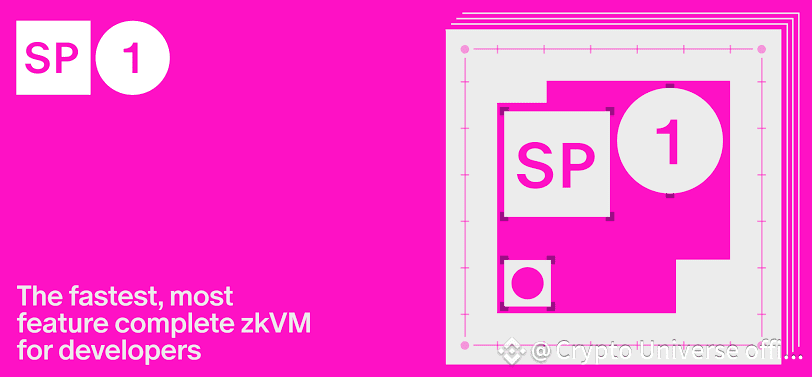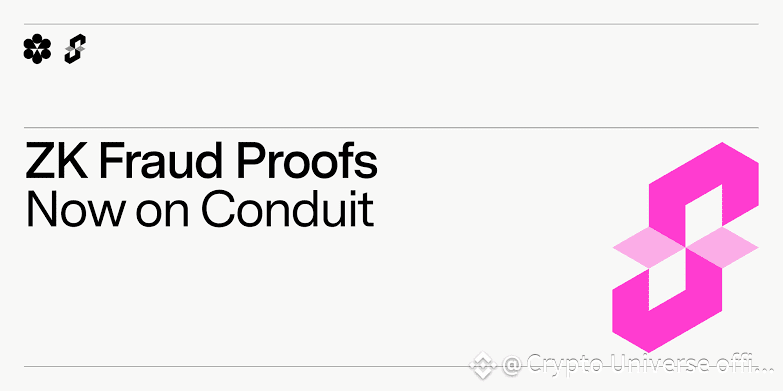Succinct Labs: Revolutionizing Zero-Knowledge Proofs with SP1 and the Decentralized Prover Network
Zero-Knowledge Proofs (ZKPs) are at the forefront of blockchain innovation, promising privacy, scalability, and trust-minimized computations. Yet, until recently, their adoption faced significant barriers: steep learning curves for developers, high computational costs, and centralized infrastructure bottlenecks. Enter Succinct Labs, a trailblazer that is reshaping the zero-knowledge landscape with its powerful open-source zkVM, SP1, and a permissionless, scalable Decentralized Prover Network.
By combining advanced cryptographic research with practical developer tools and an incentivized proving ecosystem, Succinct Labs is democratizing zero-knowledge technology — enabling it to be integrated seamlessly across blockchains, decentralized applications, and emerging Web3 use cases.
The SP1 zkVM: Developer-Friendly Zero-Knowledge Computation

At the core of Succinct Labs’ technology stack is SP1 (Succinct Processor 1), an innovative zkVM designed for high performance, accessibility, and broad applicability.
Developer-Centric Design
SP1's key advantage lies in allowing developers to write zero-knowledge circuits in standard Rust, a popular programming language known for safety and speed. Unlike earlier ZK tools requiring specialized domain-specific languages or manual circuit design, SP1 compiles Rust programs to RISC-V assembly, which is then proven in zero knowledge. This unlocks:
Rapid development with existing Rust tools and libraries.
Code reuse and familiar debugging experiences.
Portability across various blockchain environments and use cases.
Performance and Scalability
Powered by the Plonky3 proving system, SP1 achieves significantly faster proof generation — up to 28 times faster than older zkVM implementations. This performance boost enables SP1 to handle:
Complex smart contract verifications.
On-chain AI model verification.
Cross-chain data verification for bridges and rollups.
In practice, SP1 can generate an Ethereum block proof in under 12 seconds using a modest GPU cluster, an achievement that bridges the gap between theoretical cryptography and production-scale blockchain infrastructure.
The Decentralized Prover Network: Scaling Proofs Permissionlessly
While SP1 streamlines proof construction, Succinct Labs’ Decentralized Prover Network (DPN) tackles the next critical challenge: scalable and trust-minimized proof generation.
How It Works
Developers submit proof requests to the network.
Multiple permissionless provers compete in a “proof contest” to generate the correct proof fastest.
The network selects winners based on speed and correctness, rewarding them with $PROVE tokens.
Other provers still earn smaller rewards, incentivizing broad participation.
The entire process is fully decentralized, removing reliance on any single infrastructure provider.
Economic Incentives and Security
The native token, $PROVE, serves as both a payment mechanism and a staking token:
Provers stake $PROVE to participate and are slashed if they behave maliciously or go offline.
Honest provers earn rewards for proof submissions.
Stakers can participate in governance decisions, steering protocol upgrades and economic parameters.
This design ensures a robust, economically secure proving ecosystem, vital for mission-critical applications such as decentralized finance (DeFi), cross-chain bridges, and privacy-preserving identity systems.
Ecosystem Adoption and Real-World Impact
Since launching its mainnet in August 2025, Succinct Labs has witnessed rapid adoption and ecosystem growth:
Over 1,700 SP1 programs deployed across multiple blockchains.
More than 5 million proofs generated by the Decentralized Prover Network.
$4+ billion in secured value, including protocols like Polygon, Mantle, Celestia, and Lido.
Use Cases Driving Adoption
Cross-chain Bridges: By generating succinct proofs of state on one chain for verification on another, SP1 and DPN help eliminate trust assumptions in bridges, reducing risks of hacks and failures.
Rollups and Layer-2s: SP1 provides a generalized proving backend for rollup transactions, enabling faster and more scalable off-chain computations.
AI Model Verification: Zero-knowledge enables proving AI computations and inferences without exposing private data, opening new doors in decentralized AI applications.
Privacy-Preserving Applications: From decentralized identity to confidential transactions, SP1’s flexible proving capabilities empower developers to embed privacy by design.
Developer Experience and Tooling
Succinct Labs prioritizes developer accessibility through:
Comprehensive documentation at docs.succinct.xyz.
Open-source repositories with sample projects, SDKs, and testnets.
Active community support and regular hackathons to foster innovation.
This approach ensures even developers new to ZK proofs can quickly build and deploy powerful verifiable applications.
The $PROVE Token: Aligning Incentives for Growth
PROVE has a fixed supply of 1 billion tokens, allocated across:
Team and ecosystem growth.
Community rewards and staking incentives.
Liquidity provisioning.
$PROVE's utility extends beyond staking and fees—it anchors the governance model, giving token holders a voice in the protocol's future.
Challenges and the Road Ahead
Despite its promising trajectory, Succinct Labs faces several challenges:
Ensuring prover decentralization to avoid concentration risk.
Managing proof complexity and on-chain gas costs for verification.
Increasing developer and user awareness of zero-knowledge advantages.
Navigating competition from other zkVM and proving platforms.
However, Succinct’s modular design and open governance position it well to adapt and lead as zero-knowledge becomes foundational to Web3 infrastructure.

Succinct Labs is pioneering a new era of zero-knowledge proofs—one where development is intuitive, proof generation is decentralized and scalable, and applications across blockchain and beyond gain unprecedented trust and privacy.
With SP1 and the Decentralized Prover Network, Succinct Labs is laying the groundwork for a future where verifiable computation is as commonplace as APIs today—unlocking the full potential of blockchain, AI, and decentralized systems.


